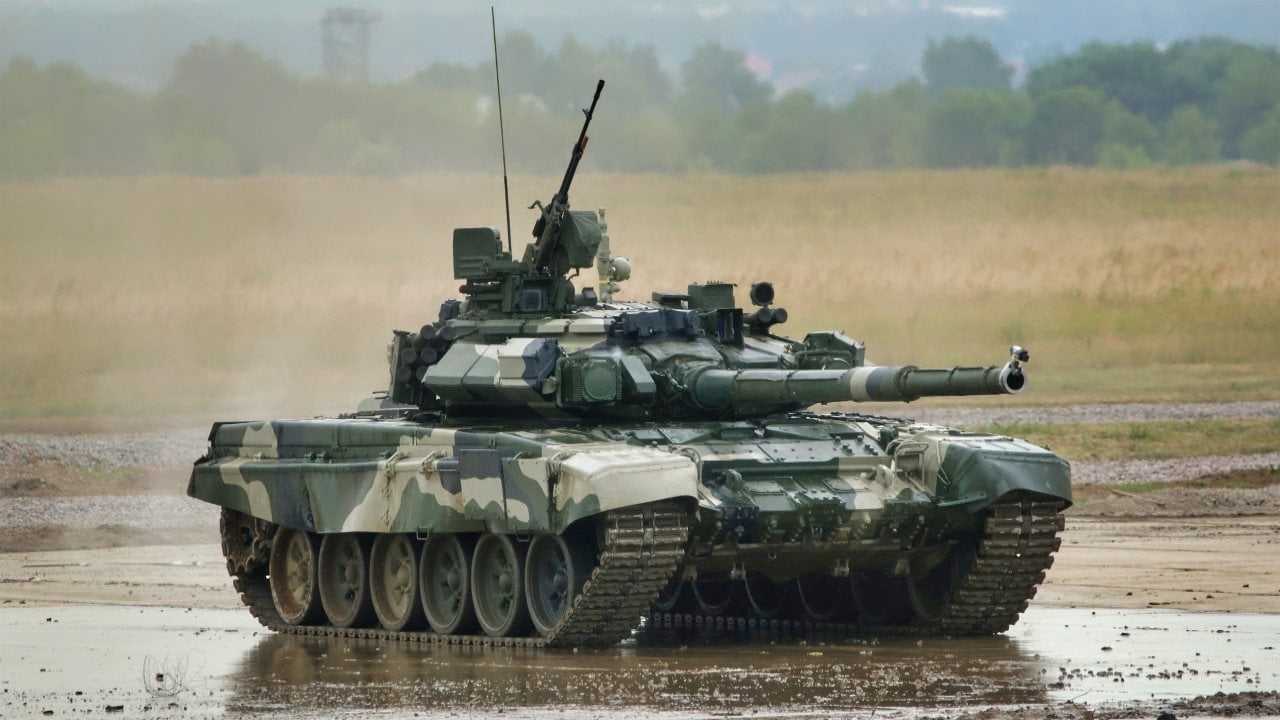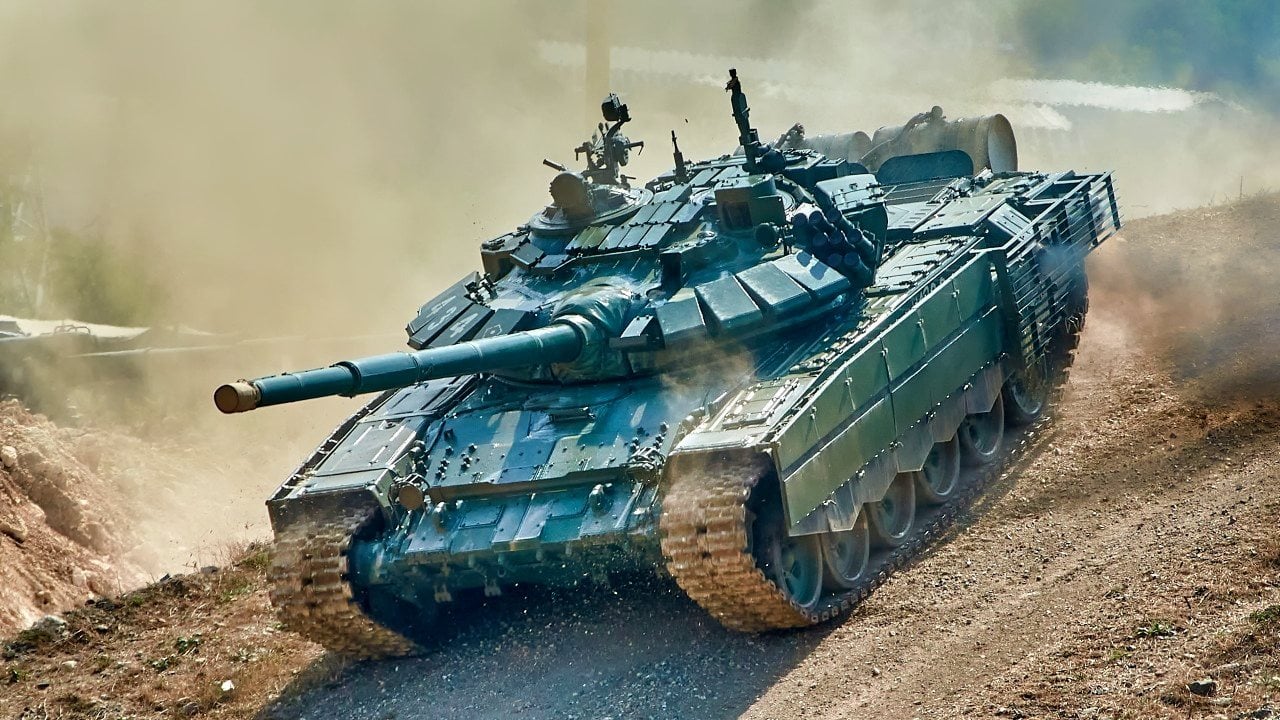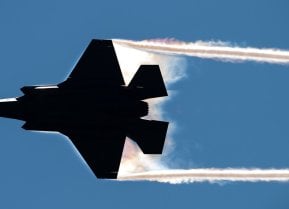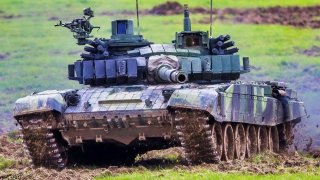The Russian Military Is Running Low on Recruits to Fight in Ukraine
The Russian military is facing a severe shortage of recruits as heavy fighting continues in Ukraine. To address this, Russia is recruiting mercenaries from central African countries like Rwanda, Burundi, Congo, and Uganda.
Summary and Key Points: The Russian military is facing a severe shortage of recruits as heavy fighting continues in Ukraine. To address this, Russia is recruiting mercenaries from central African countries like Rwanda, Burundi, Congo, and Uganda.

-According to British Military Intelligence, Russia offers these recruits substantial financial incentives and the promise of Russian citizenship. However, the life expectancy for soldiers in Ukraine is low due to high casualty rates.
-Russia's recruitment drive aims to sustain offensive operations and compensate for significant battlefield losses, as domestic mobilization efforts have proven unpopular and led to a labor shortage.
Desperate for Recruits, Russia Turns to African Mercenaries for Ukraine Conflict
The Russian military is running low on recruits. The summer reignited heavy fighting in Ukraine, and the Russian military needs men to sustain its offensive operations along the contact line.
To meet its needs, Russia is recruiting mercenaries from Africa.
African Mercenaries to Fight in Ukraine for Russia?
“On 28 May 2024, Ukraine’s Defense Intelligence (HUR) reported that Russia has intensified attempts to recruit Africans to fight in Ukraine,” British Military Intelligence stated in its latest operational update.
“In particular these recruitment efforts focus on the central African countries of Rwanda, Burundi, Congo, and Uganda. Russia is reportedly offering a sign-up bonus of $2,000, monthly pay of $2,200, and the promise of a Russian passport,” British Military Intelligence added.
That is a lot of money for men from poor African countries. They could change their lives and those of their families with that income. However, the life expectancy for the average Russian soldier in Ukraine is rather short. As such, the majority of African mercenaries likely won’t enjoy long-term contracts.
Moscow has suffered over 500,000 casualties in 23 months of war and continues to lose more than 1,000 men killed, wounded, or captured every day. In May alone, the Kremlin lost approximately 40,000 men, or the equivalent of almost three divisions. Those extremely high casualty levels are the main reason Moscow searches for troops on the African continent.
Another reason is that there are no more prisoners to recruit. After the initial shock of the Russian military’s ineptitude wore off at the botched outset of the invasion, and the reality of extremely high casualties set in, the Kremlin focused its attention on the vast Russian penal system to draw men to the fight. The infamous Wagner Group private military company recruited convicts to fight in Ukraine in exchange for promises of freedom once their contracts were over. The move proved useful, and the Ukrainian military had to expend many resources and significant manpower to deal with Russian human-wave tactics.
“This recruitment campaign is likely to replace Russian battlefield losses, which are significant, and to sustain offensive activity in multiple axes across the front. With Russia’s finite pool of convict recruitment likely culminated, Russia is likely expanding its recruitment across the global south, to avoid additional mobilisations within Russia itself,” British Military Intelligence assessed.
Although the Kremlin knows that it can tap Russia’s vast manpower capabilities, Russian President Vladimir Putin has been trying to shield Russian society from the war and pretend that all is well. At one point, he was forced to declare a partial mobilization, which sparked a mass exodus of military-aged men from the country.

“As well as being domestically unpopular for President Putin and the Russian government, the previous mobilisation for the war resulted in a record labour shortage and an exodus of skilled workers such as doctors and IT professionals,” British Military Intelligence added.
About the Author
Stavros Atlamazoglou is a seasoned defense journalist specializing in special operations and a Hellenic Army veteran (national service with the 575th Marine Battalion and Army HQ). He holds a BA from the Johns Hopkins University and an MA from the Johns Hopkins’ School of Advanced International Studies (SAIS). His work has been featured in Business Insider, Sandboxx, and SOFREP.
All images are Creative Commons or Shutterstock.


